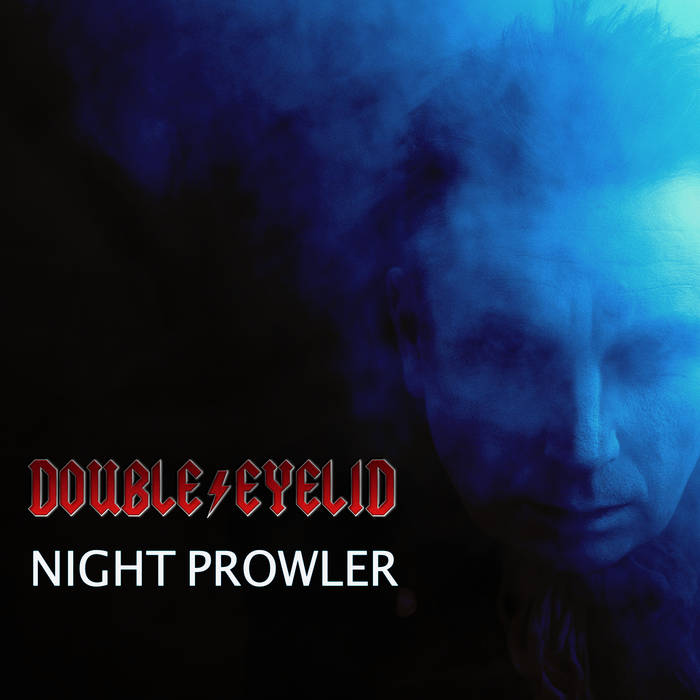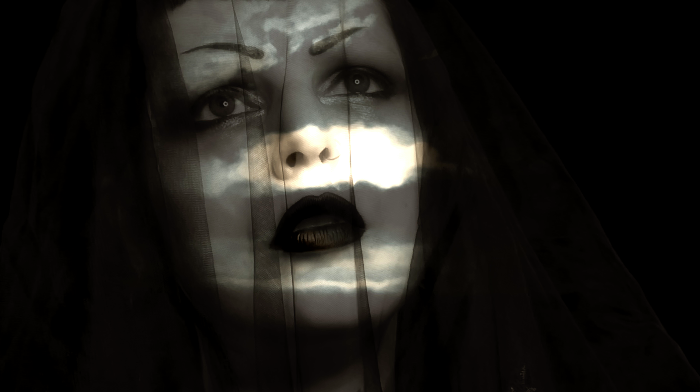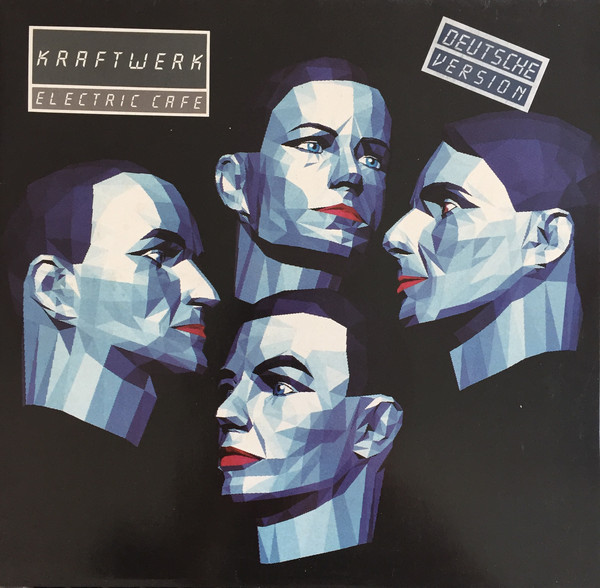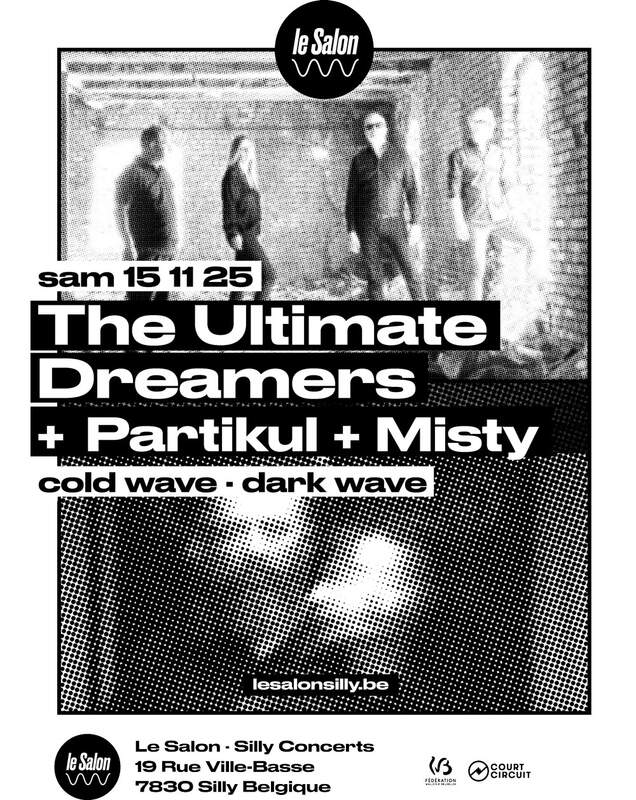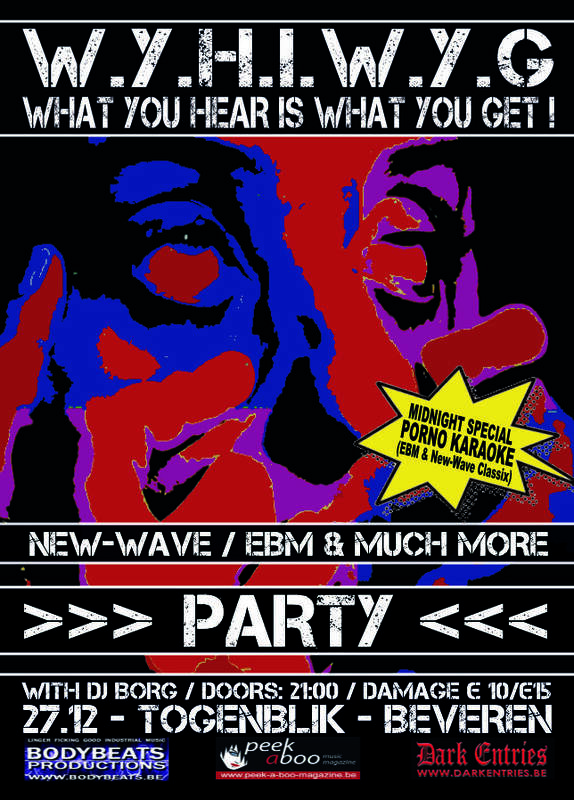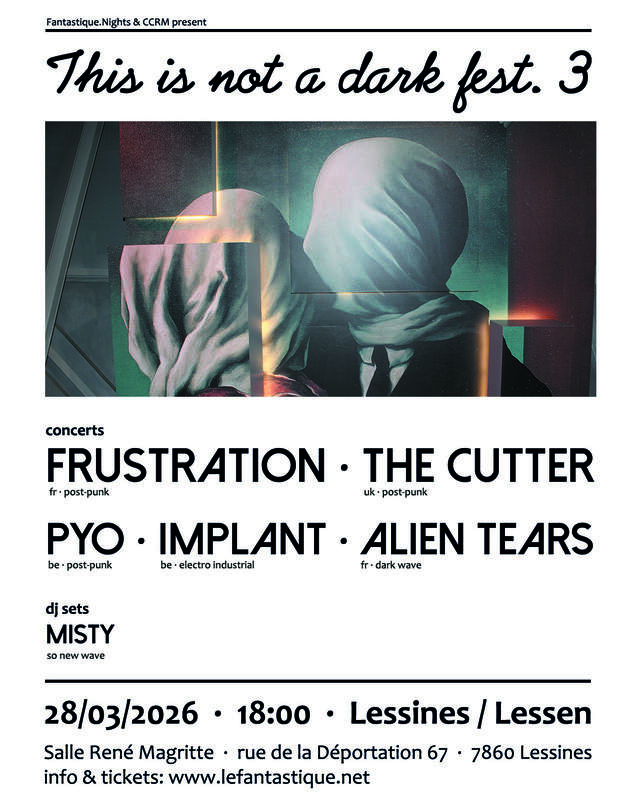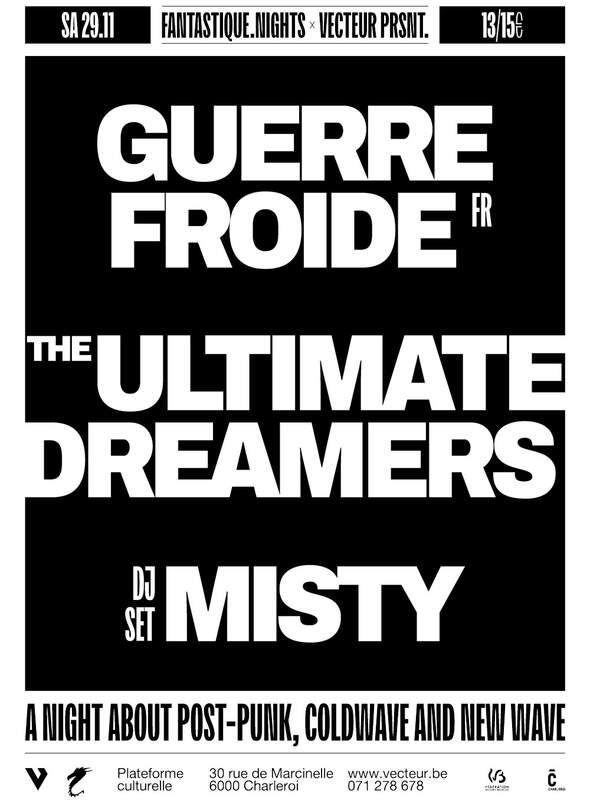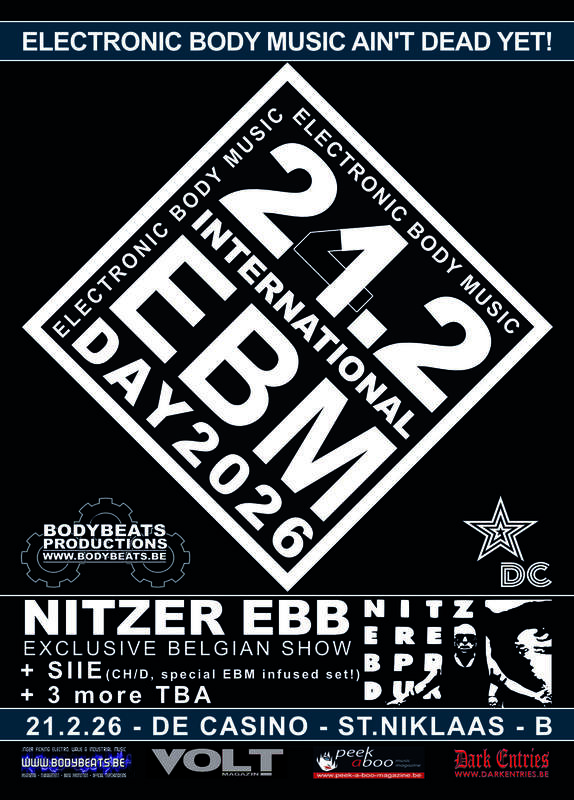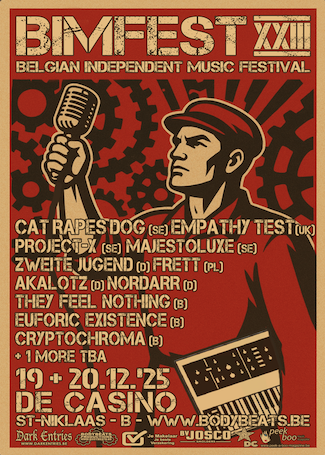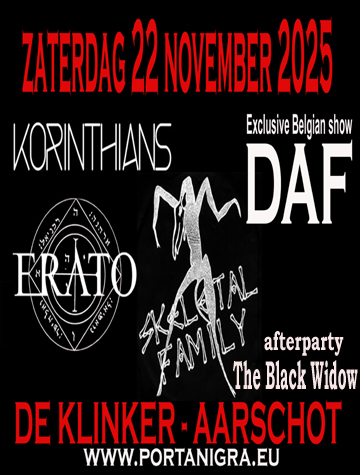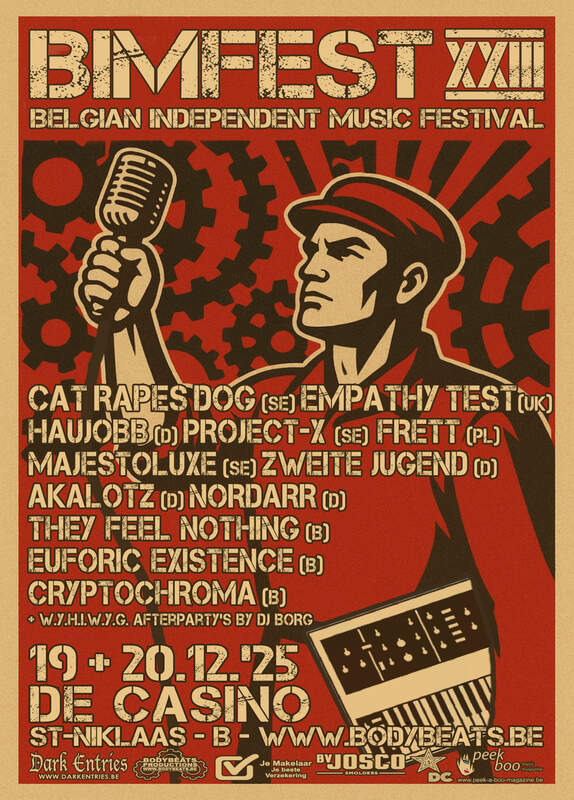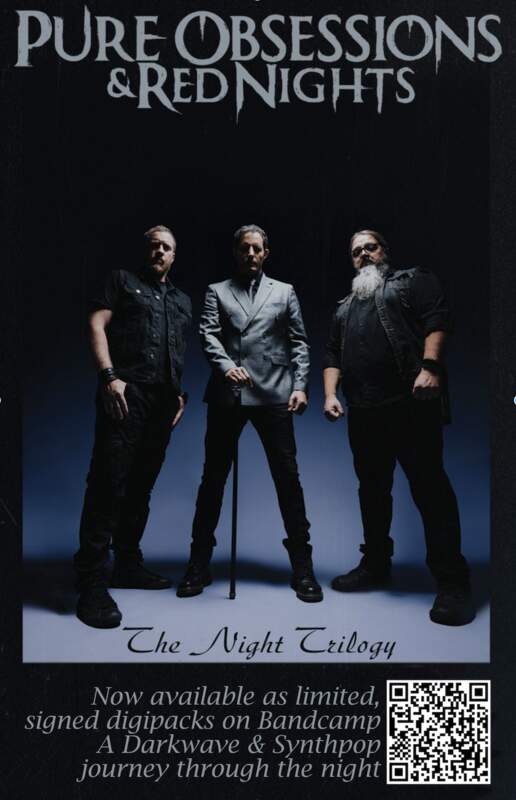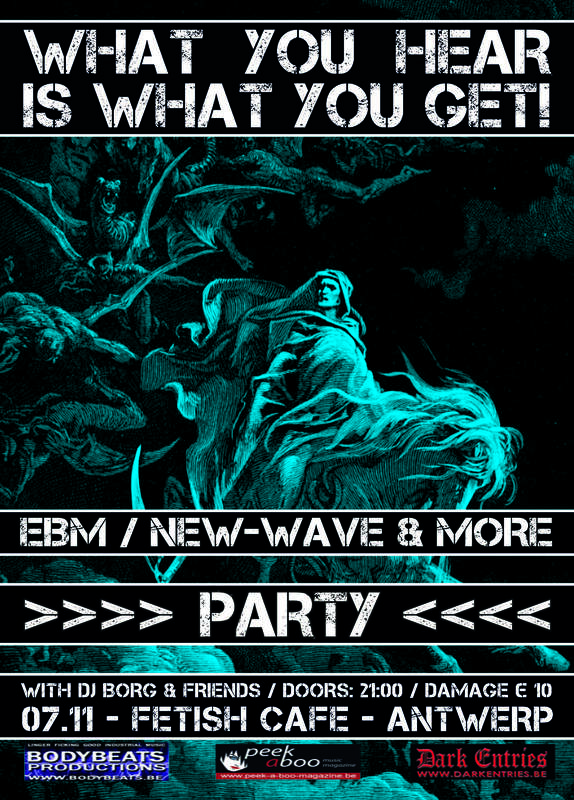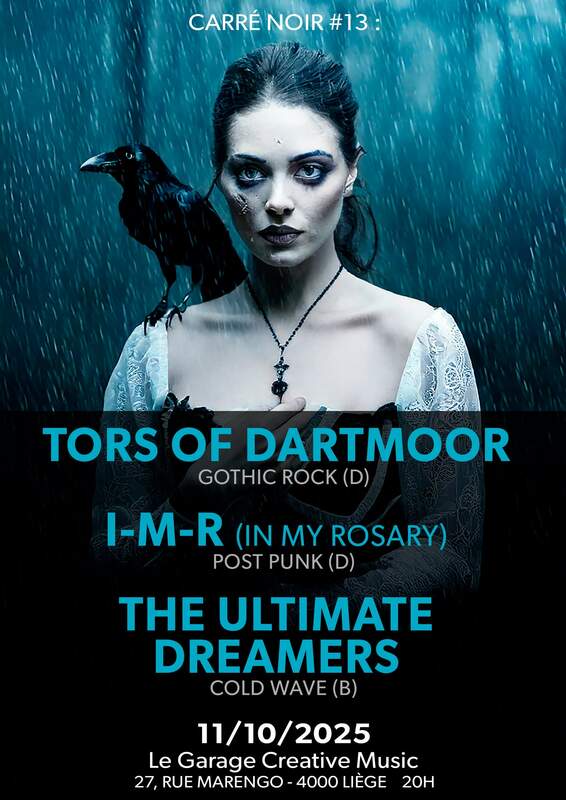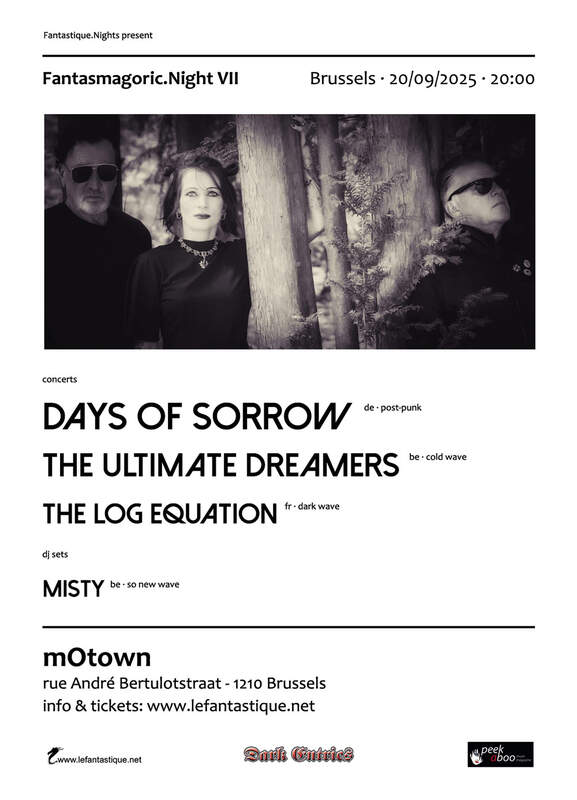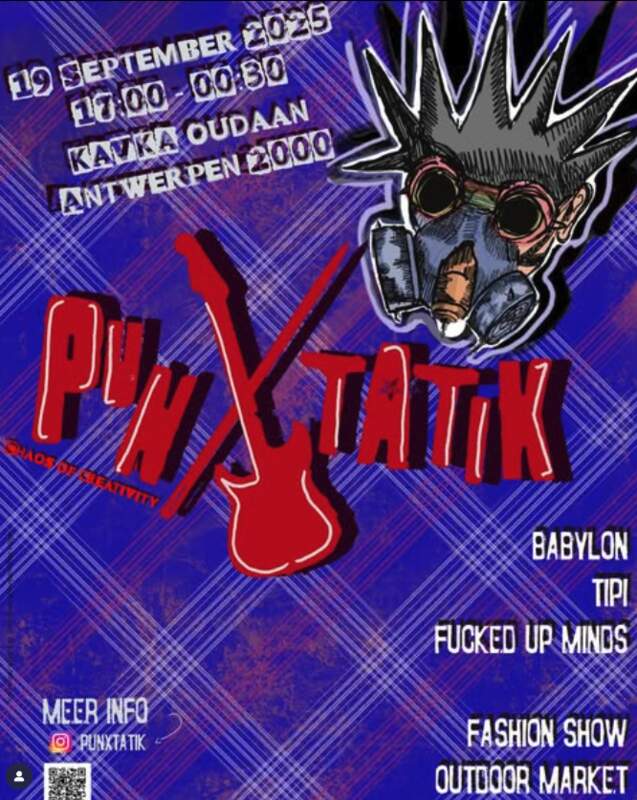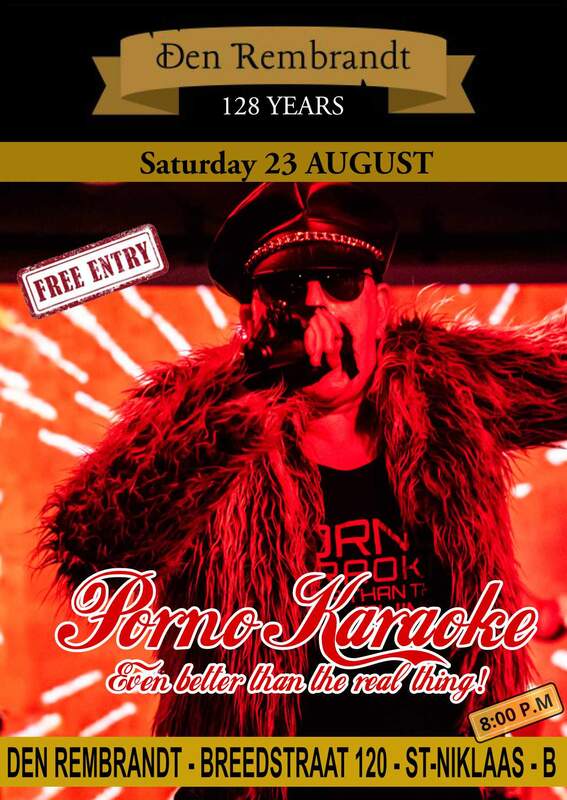Darkwave/Industrial Act, VEXILLARY Turns Therapy Into 'Full Frontal Lunacy'
After a string of singles and EPs, darkwave-industrial act, VEXILLARY has unveiled their first full-length album, Full Frontal Lunacy.
A long winter, the Covid-19 pandemic and an endless lockdown provided the perfect backdrop for a sonic self-portrait documenting one’s brush with madness.
After the conceptual, SurViolence EP, VEXILLARY wanted to create a personal record as a form of therapy to examine the darkest parts of his own psyche. The resulting eight tracks that shape the record document the demise of a protagonist from flirting with madness and burnout, all the way to the point of total nervous breakdown and mania.
The record ends on a beautiful note with "Exit the Void". Does the track suggest a new beginning, or is it a celebration of a cruel end? Either way, there is way more than meets the mind in the twisted world of Full Frontal Lunacy.
Full Frontal Lunacy is available on limited edition cassette and digital formats.
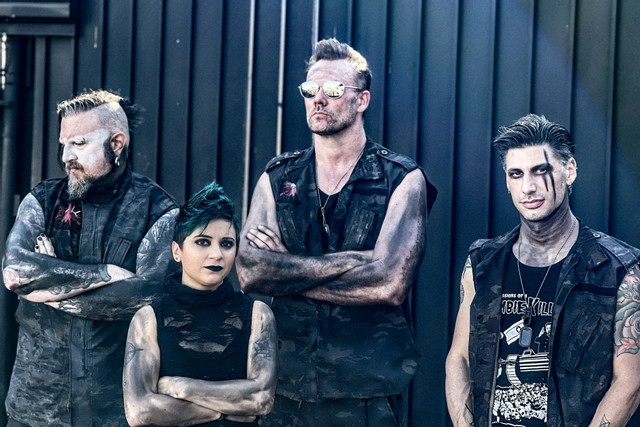
Industrial Band FLEISCHKRIEG Brings Sacrifice & Introspection To 'Herzblut'
Industrial band FLEISHKRIEG has just unleashed their highly-anticipated new full-length album, Herzblut.
"Herzblut" translates to “Heart’s Blood” in German – a metaphor used to describe the total effort and sacrifice a person makes towards their life’s work. The album’s songs reflect different stages of this hero’s journey and the scars borne in the process.
The songs often deal with the paranormal, aliens, and dystopian matrix/simulation theories. A night of alien abduction nightmares inspired Vocalist Richard Cranor to write the song, “Bloody Prophets”.
The album also deals with much more introspective topics. “Parasite”, for example, documents the ordeal of never being able to free yourself from your worst self-destructive tendencies.
For fans of: goth, industrial, ebm, electro
Herzblut debuts the sound of “Brutalwave”, a sub genre of industrial that blends the synth-pop of new wave with more aggressive metal elements. Songs such as “Fools Folly” and the cover of Frankie Goes to Hollywood’s “Relax” showcase this NEW sound in great detail.
Herzblut is steeled in melodic synth, metal guitars, and apocalyptic vocals – packing a heavy enough punch both lyrically and sonically to keep any fan of industrial rock music listening from beginning to end.
Washington DC-based dark alternative band, AMULET has just unveiled the video to their song, "Last Ditch." The song appears on their latest album, House Of Black + White.
About the song: You can only take so much tragedy. There comes a point where you wonder if you'll be able to go on. The ache of sorrow and loneliness feels eternal and all-consuming. You have a choice to make. You wonder if seeing crimson is the only way to really heal.
For fans of: dark alternative, darkwave & goth
About the album...
House of Black + White is a bass-driven dark rock experience led by powerful female vocals. Each track is channeled from raw emotion and the exploration of concepts that only grow more profound with time. It is intense – yet nuanced – rock music that will activate you. It feels like victory with a side order of bitterness and despair, only to kick life back in the teeth with a steel-toed boot.
Electric Café is the ninth studio album by the electronic group Kraftwerk, originally released on 10th November 1986. In 2009 it was re-released under its original working title, Techno Pop.
The initial 1986 Electric Café came in versions sung in English and German, as well as a limited "Edición Española" release, featuring versions of "Techno Pop" and "Sex Object" with only Spanish lyrics.
It was the first Kraftwerk LP to be created using predominantly digital musical instruments, although the finished product was still recorded onto analog master tapes. The album was recorded with the Emu Emulator II sampler (used previously on "Tour De France" and the demo of "Techno Pop" album) and various contemporary devices including Yamaha FM-engines, a Linn drum, and digital effect processors.
The album is somewhat infamous for taking the band almost half a decade to produce. Work is said to have begun as early as 1982 (with the working titles of Technicolor and then Techno Pop) but the project was delayed due to band member Ralf Hütter suffering a cycling accident and then due to concerns within the band that the production quality of the album was not sufficiently cutting-edge, necessitating much re-work. It is the last Kraftwerk album to feature Wolfgang Flür, who subsequently left the group in 1987.
Two singles were released from the album, "Musique Non-Stop" and "The Telephone Call". Both were accompanied by promotional videos. Though both singles went to #1 on the Billboard dance chart in 1987, neither of the singles performed well in the general pop charts. However, "Music Non-Stop" (based on the later version from The Mix) has been the closing piece of Kraftwerk's concerts since 1991. In the early 1990s, a completely different version of "Musique Non-Stop" – slower and more melodic – was used extensively as a jingle on the MTV Europe channel. Earlier, MTV Europe had already included elements from the original song and the video in the title graphics for MTV's Greatest Hits.
The video for "Musique Non-Stop", created in 1984 and released in 1986, is notable in itself for showcasing a computer animated representation of the band. The animation, which was complex for its time, was created by Rebecca Allen, using state-of-the-art facial animation software developed by the Institute of Technology in New York. The slow rate of the album's progress, combined with rapid changes in software animation, meant that Allen had to archive the animation program developed at the Institute of Technology until Hütter and Schneider were ready in 1986 to travel to New York to edit the images to the final version of "Musique Non-Stop".
Electric Café
|
A1 |
Boing Boom Tschak |
2:57 |
|
A2 |
Techno Pop |
7:42 |
|
A3 |
Musique Non Stop |
5:45 |
|
B1 |
Der Telefon Anruf |
8:03 |
|
B2 |
Sex Objekt |
6:51 |
|
B3 |
Electric Cafe |
4:20
|


